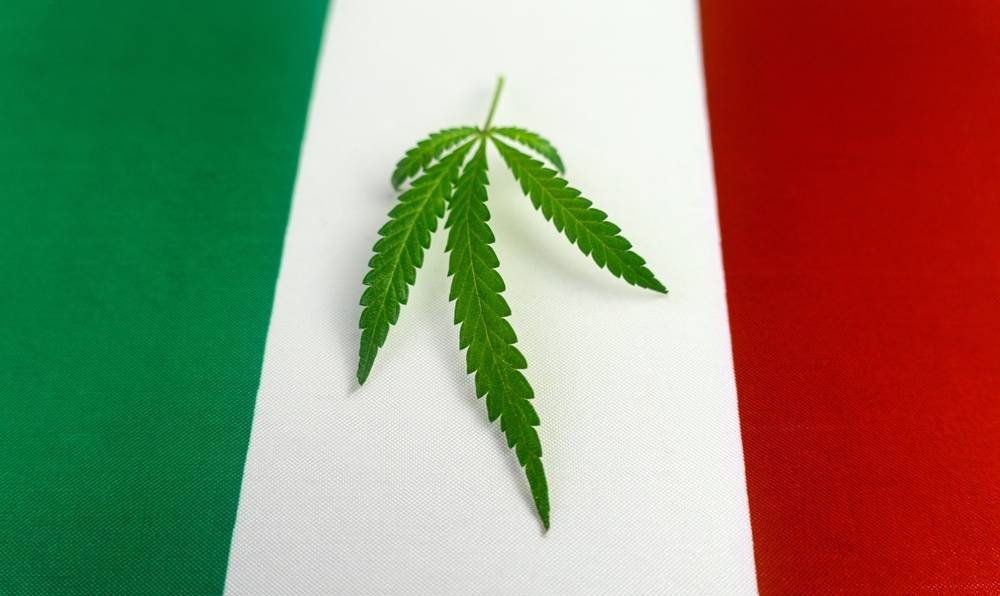In recent years, CBD (cannabidiol) has gained widespread popularity for its potential wellness benefits, but many people still have concerns about whether it can be addictive.
In this article, we’ll delve into the research surrounding hemp-derived CBD and its relationship with addiction, clarifying whether these concerns are rooted in fact or misconception.
What is CBD?
CBD, short for cannabidiol, is one of over 100 different types of cannabinoids found in the hemp plant. Unlike its more well-known cousin, THC (tetrahydrocannabinol), CBD does not produce the psychoactive effects “high” or alter one’s state of mind, rather it provides a range of therapeutic and wellness benefits.
CBD also comes in various product forms, including oils, gummies, edibles, flowers, drinks, topicals, and more.
What are the effects of CBD?
CBD works by interacting with the endocannabinoid system in your body and produces a range of therapeutic effects, such as:
- Pain relief
- Anxiety and stress reduction
- Anti-inflammatory properties
- Sleep improvement
- Antipsychotic effects
- Epilepsy management
- Neuroprotective properties
- Skin health improvement
It’s important to note that the effects of CBD can vary from person to person, and more research is needed to fully understand its mechanisms of action and its potential applications.
Is CBD addictive?
Studies have found that CBD is a non-addictive compound, and it does not lead to the development of dependence (1). In fact, the World Health Organization (WHO) has stated that CBD exhibits no effects indicative of any abuse or dependence potential.
Addiction to substances like alcohol, tobacco, or opioids often involves seeking the pleasurable, psychoactive effects they provide. Since CBD does not induce such effects, it lacks the appeal that is typically associated with addictive substances.
Additionally, CBD does not lead to any tolerance or withdrawal symptoms even with continuous use. So you do not need to increase its dose, and when you stop using CBD, you will not experience the cravings and discomfort that are associated with withdrawal from addictive substances.
However, the issue that CBD was managing for you will come back, so you may feel the previous discomfort but it is not caused by the CBD.
Interestingly, CBD can have the opposite effect when it comes to addiction because it can counteract some of the addictive properties of THC. By blocking or mitigating the effects of THC, CBD can potentially help individuals reduce their dependence on cannabis products.
Is full-spectrum CBD addictive?
Full-spectrum CBD products contain not only CBD but also other cannabinoids, terpenes, and trace amounts of THC (less than 0.3%), which creates the possibility that the small amounts of THC in full-spectrum could make them addictive.
However, the levels of THC in full-spectrum CBD are so low that they are unlikely to lead to addiction, even at higher dosages, because the presence of other cannabinoids, like CBD and the entourage effect plays a crucial role in diminishing the addictive potential of THC.
Nevertheless, if you are sensitive to THC you could consider using broad-spectrum CBD or CBD isolate products, which do not contain any THC.
Can CBD help with addiction?
According to a study, CBD can help lower the cravings for many addictive substances, like alcohol, tobacco, cannabis, and other stimulants (2) (3).
Another critical aspect of addiction recovery is managing the high levels of anxiety and stress that often accompany withdrawal and the fear of relapse. CBD’s anxiolytic (anxiety-reducing) properties can be a valuable asset in this regard, as it helps individuals cope with the emotional challenges of recovery, promoting a more stable state of mind.
Additionally, quality sleep is also essential during addiction recovery and we know that CBD can improve sleep quality, which also contributes to recovery goals.
However, it’s crucial to recognize that CBD is not a standalone solution. It should be used under the guidance of healthcare professionals as part of a broader, individualized treatment approach complementing evidence-based therapies, counseling, and support groups.
Final thoughts
In conclusion, CBD is not addictive and is considered safe for most people. Its non-psychoactive nature, combined with its potential therapeutic effects, makes it a promising option for those seeking relief from various issues without the risk of addiction.
While more research is needed to fully understand the extent of CBD’s benefits in addiction recovery, it is an area of great interest that holds potential.
As with any wellness supplement, it’s essential to consult with a healthcare professional before using CBD, especially if you have a history of substance use disorder or are taking other medications.
Additionally, always choose high-quality CBD products from reputable manufacturers to ensure a safe experience.
Disclosure:
The information in this article is intended for general use only and may not always be appropriate for everyone’s needs. Your health and wellness are unique to you, so before acting on anything we say, seek personalized advice from a medical professional.
We value the accuracy and editorial integrity of all our articles, and we strive to ensure that the content we publish is accurate and up-to-date to the best of our knowledge.

